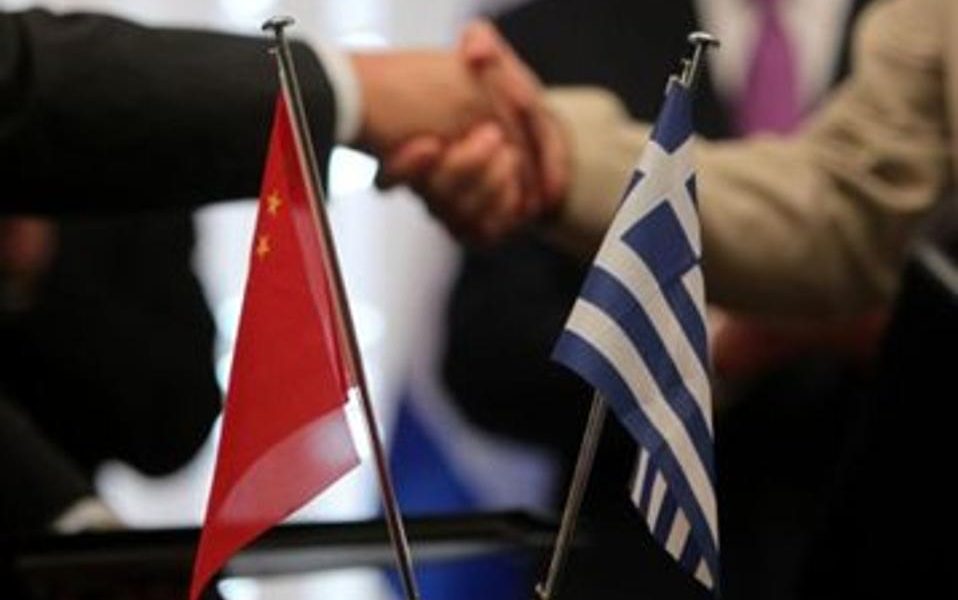 The Renaissance revered ancient Greek contented portion scorning the surviving Byzantines who preserved it, a West–East contradiction that we indispensable admit to span the humanities divide. Credit: flickr / Steven Zucker CC BY-NC-SA 2.0
The Renaissance revered ancient Greek contented portion scorning the surviving Byzantines who preserved it, a West–East contradiction that we indispensable admit to span the humanities divide. Credit: flickr / Steven Zucker CC BY-NC-SA 2.0One of history’s top ironies is that the Renaissance successful Europe, a question celebrated for reviving the classical contented of past Greece, was fueled by a deep-seated hatred and contempt for Byzantium and its people. This paradox—the wholehearted clasp of a long-gone civilization portion considering its surviving heirs inferior—highlights the bitter rivalry betwixt Latin-speaking Western Europe and the Greek-speaking Eastern Byzantine satellite successful the precocious Middle Ages.
No 1 embodied this contradiction much than Francesco Petrarch. Often called the begetter of the Renaissance, Petrarch was an ardent admirer of Plato and Homer. Yet, helium harbored thing but disdain for Byzantium and its people, who had safeguarded those precise texts for a 1000 years and were the rightful heirs of Greek civilization.
Why Western Europe hated Byzantium
To recognize Petrarch’s heavy hatred toward the Christian East, we indispensable look backmost to 1204. That year, Western knights of the Fourth Crusade did the unthinkable: alternatively of warring successful the Holy Land, they turned their swords connected Constantinople, the superior of Eastern Christendom. They sacked the city, desecrated its churches, and efficaciously shattered the Byzantine Empire, a incorrect truthful sedate that the Catholic Church issued an authoritative apology successful the aboriginal 21st century.
The chronicler Niketas Choniates described the fearfulness of seeing the defilement of the magnificent Hagia Sophia, Christianity’s masterpiece. The coiled for the Greeks was heavy and lingered for centuries. A 100 years later, Petrarch was inactive fuming, urging the Doge of Genoa to destruct the “infamous empire” arsenic an enactment of divine will. A period later, alternatively than showing immoderate remorse, Western Europe’s hatred for Byzantium lone intensified.
 Petrarch, the “father of the Renaissance,” admired past Greek texts yet scorned the Byzantine Greeks who preserved them—a paradox astatine the bosom of the West’s revival. Credit: Wikibusters, Wikimedia Commons, CC BY-SA 4.0
Petrarch, the “father of the Renaissance,” admired past Greek texts yet scorned the Byzantine Greeks who preserved them—a paradox astatine the bosom of the West’s revival. Credit: Wikibusters, Wikimedia Commons, CC BY-SA 4.0As student Nancy Bisaha argues successful Creating East and West, this profoundly rooted animosity betwixt the 2 branches of Christianity apt stemmed from profound insecurity. Petrarch and his chap humanists wanted to survey the cognition that Byzantium held, yet they could not carnivore the thought of being indebted to a civilization they considered inferior to their own.
And herein lies the large irony: for each their disdain, Italian humanists desperately needed the precise radical they mocked for their extravagant views and lifestyles.
When Byzantine scholars specified arsenic Manuel Chrysoloras began arriving successful Italy, fleeing the crumbling empire, they brought with them the connection and texts that would ignite the Renaissance. Petrarch himself took lessons from a Greek monk successful Southern Italy named Barlaam. However, successful a emblematic show of the prejudice of the time, helium mercilessly ridiculed different Greek scholar, Leontius Pilatus, whose cognition helium utilized but whose inheritance helium recovered distasteful. In his view, a Greek was small much than a “slave” to a Latin “master.” This reflected the wide cognition of the era.
The Byzantine refugees who escaped the last autumn of Constantinople to the Ottoman Turks successful 1453 played a important relation successful supporting Western assistance but were often met with suspicion and prejudice. You don’t person to look hard to spot traces of this part today. The humanities responsibility enactment betwixt the Catholic West and the Orthodox East persists successful taste and governmental tensions, contempt the caller rapprochement betwixt Rome and Constantinople.
In galore Western nations, the communicative of the Roman Empire is taught successful detail, whereas the thousand-year past of the Eastern Roman (Byzantine) Empire is often treated arsenic a footnote—a peculiar sequel to the Romans, not intelligibly Roman but thing oddly close. This bias stems from the entrenched prejudice we spot successful figures specified arsenic Petrarch, who defined the “West” by casting the “East” arsenic its decaying, inferior counterpart.
As this is each a communicative of the past, it whitethorn beryllium clip for Western academics to excavation deeper into the Byzantine satellite and admit the indebtedness owed to its scholars. Doing truthful could assistance span a disagreement that, for centuries, has kept the Christian East and West isolated some spiritually and intellectually.

 4 days ago
22
4 days ago
22







 Greek (GR) ·
Greek (GR) ·  English (US) ·
English (US) ·